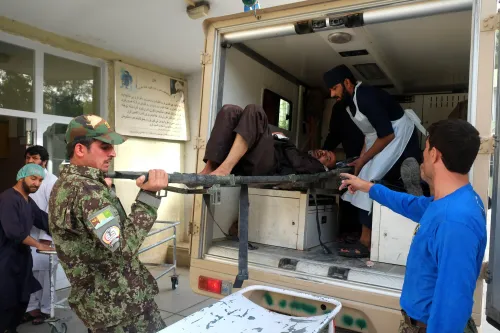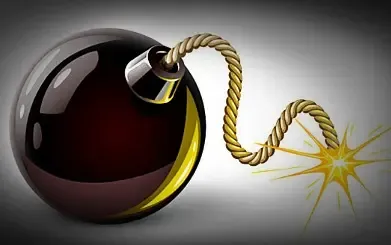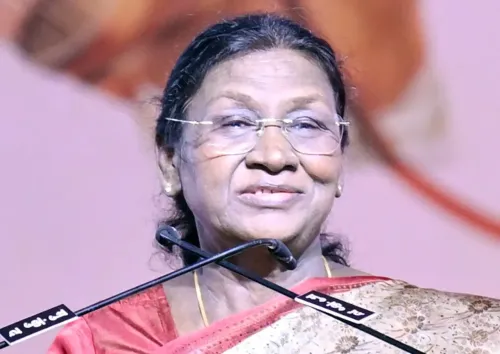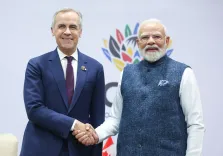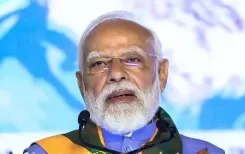Why Did Stalin Condemn the Attack on CJI Gavai?
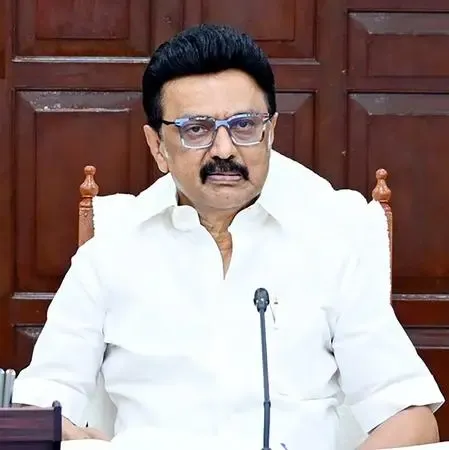
Synopsis
Key Takeaways
- M.K. Stalin condemned the shoe-hurling incident.
- Respect for the judiciary is paramount.
- Bar Council of India suspended the attacker's license.
- The incident highlights societal issues.
- Judicial independence must be safeguarded.
Chennai, Oct 6 (NationPress) Tamil Nadu Chief Minister M.K. Stalin has strongly criticized the recent incident that took place in the Supreme Court, where a 71-year-old lawyer attempted to throw a shoe at Chief Justice of India (CJI) Justice B.R. Gavai during court proceedings on Monday.
Describing the act as “shameful” and “an assault on the supreme judicial authority of our democracy”, Stalin called on the nation to unite in defending democratic institutions and fostering respect for the judiciary.
The perpetrator, identified as Rakesh Kishore, a senior advocate, was reportedly incensed over recent comments made by the Chief Justice in a case concerning an idol of Lord Vishnu.
As he was being led out of the courtroom, Kishore yelled, “Sanatan ka apmaan nahi sahenge” (We will not tolerate insult to Sanatan Dharma).
In spite of the commotion, CJI Gavai maintained his composure and continued the proceedings seamlessly.
The Bar Council of India reacted promptly to the incident, declaring the immediate suspension of Kishore’s legal practice license.
The Delhi Police detained the advocate, but he was later released after the Chief Justice opted not to file charges—a decision that many legal experts noted highlighted the CJI’s grace and forbearance.
In his social media remarks, Stalin commended Justice Gavai’s dignified response while cautioning against normalizing such disrespectful acts.
“The way the CJI handled the situation with grace, calm, and magnanimity reflects the strength of the institution, yet we cannot afford to take this incident lightly,” the Chief Minister stated.
He also pointed out the underlying social issues illuminated by the attack.
“The rationale provided by the attacker showcases how entrenched the oppressive and hierarchical mindset still is within our society.”
Stalin emphasized the need for India to cultivate a culture of respect and civility.
“We must foster an environment that respects and safeguards our institutions and exhibits maturity in our behavior,” he asserted, adding that intentional attempts to intimidate or shame constitutional authorities jeopardize the democratic foundation of the nation.
This rare violation of courtroom decorum has ignited vigorous discussions across legal and political spheres, with leaders and jurists advocating for enhanced protections and a collective re-affirmation of judicial independence.

